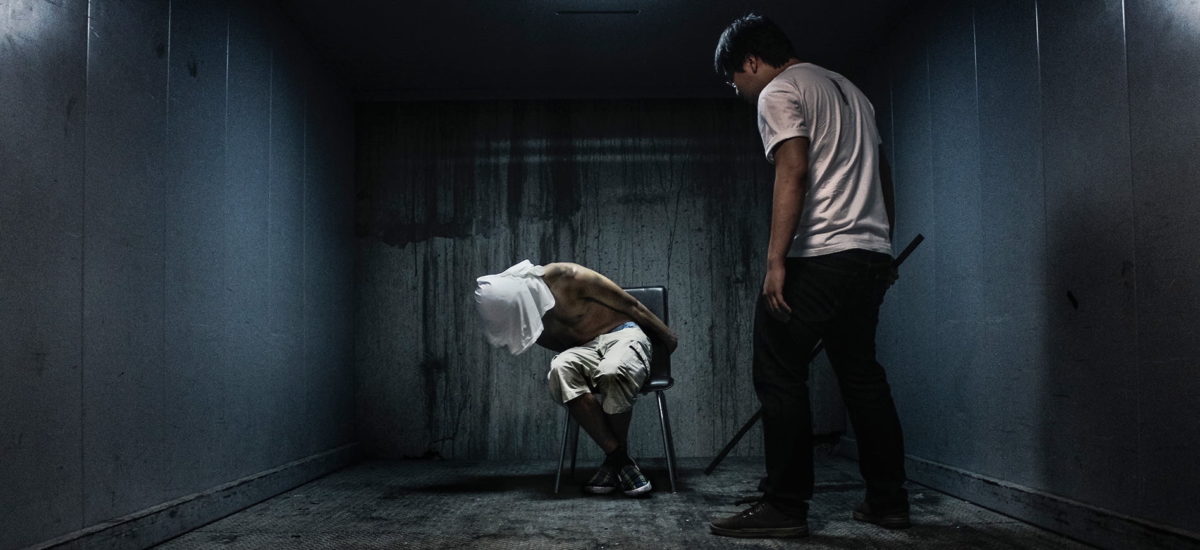Photo courtesy of Amnesty International
In my extensive work with torture victims, particularly within the Tamil community, I have witnessed first hand the unspeakable suffering endured by these individuals and the urgent need for comprehensive support and robust international action. This article shares my own experiences in assisting and advocating for Tamil torture survivors, sheds light on the profound impact of torture on their lives, and highlights the imperative for collective measures to address this grave human rights violation.
As a dedicated advocate, I have had the privilege of standing alongside survivors of torture, bearing witness to their stories and providing them with essential support. Working closely with the Tamil community, I have encountered survivors who have endured unimaginable pain and trauma. Through legal representation and counselling, I have been able to help these individuals find solace, regain their strength, and pursue justice. The impact of torture on survivors is far reaching and devastating. Beyond the physical scars and wounds, survivors often suffer from severe psychological trauma, including post-traumatic stress disorder (PTSD), anxiety, depression, and a profound sense of fear and mistrust. They face immense challenges in rebuilding their lives and reintegrating into society. Many grapple with a loss of identity, strained relationships, and the constant haunting memories of their traumatic experiences.
Support for torture survivors encompasses various aspects. Medical care plays a crucial role in addressing the physical consequences of torture, treating injuries and managing chronic pain. However, it is equally essential to provide specialised psychological support and counselling to help survivors navigate the emotional and psychological aftermath of their ordeal. Therapeutic interventions, such as trauma focused therapy and counselling, can assist in the healing process, restoring a sense of safety and fostering resilience. In addition to healthcare, survivors need comprehensive social support to regain their independence and rebuild their lives. This includes access to housing, education, employment opportunities, and vocational training. Socioeconomic empowerment not only enhances survivors’ overall wellbeing but also reduces their vulnerability to further abuse and exploitation.
The consequences of torture extend beyond the individual survivors, affecting families, communities, and societies at large. Torture erodes trust in institutions, fosters a culture of fear, and perpetuates cycles of violence. It tears apart the social fabric, fragmenting communities and hindering reconciliation efforts. The psychological trauma inflicted by torture can lead to a loss of agency and diminished social participation. Survivors often face stigmatisation, discrimination, and isolation, which further exacerbate their suffering. Rebuilding trust within their communities becomes a daunting challenge. The importance of addressing the impact of torture cannot be overstated. By providing comprehensive support services, we not only aid survivors in their healing journey but also empower them to become agents of change. When survivors receive the necessary support, they can reclaim their voices, share their stories, and contribute to raising awareness about the horrors of torture.
While individual efforts are commendable, lasting change requires collective action on an international scale. Governments, human rights organisations, and the United Nations must demonstrate a firm commitment to eradicating torture. Torture survivors deserve justice, and accountability must be demanded from perpetrators. International bodies, such as the United Nations Human Rights Council (UNHRC), must take a more proactive and hardline approach. Naming and shaming alone are insufficient; tangible measures, such as targeted sanctions, diplomatic pressures, and the establishment of international tribunals, are necessary to ensure accountability.
To effectively support survivors and prevent future acts of torture, comprehensive policies and programmes must be implemented. This includes increased funding for support services, access to justice, and the establishment of mechanisms for documenting and investigating torture allegations. Cooperation between governments, civil society organisations and international bodies is crucial to address the systemic issues that perpetuate torture.
The experiences of torture survivors, particularly within the Tamil community, have highlighted the urgent need for comprehensive support services and robust international action. By amplifying the voices of survivors, demanding justice, and advocating for tangible measures, we can empower them to heal, rebuild, and thrive. Together, let us stand in solidarity, determined to create a world where torture has no place and where human rights are genuinely upheld. The time for action is now, and together, we can make a difference.

